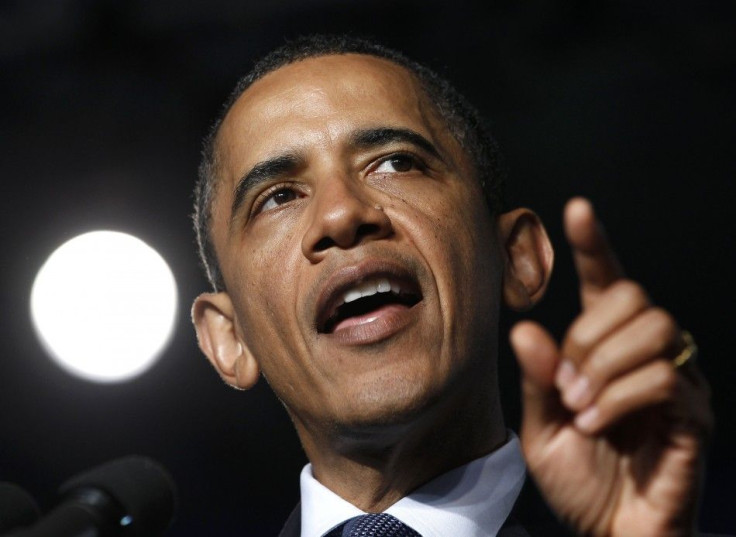President Becoming 'Absolute Monarch' on War Matters, House Democrat Says

When it comes to matters of war, and who has the authority to start them, it is the U.S. president who is becoming an absolute monarch, a House Democrat said.
U.S. Rep. Jerrold Nadler, D-N.Y., said Congress much act to limit funding for military operations in Libya in order to correct that notion, The Hill reported.
We have been sliding for 70 years to a situation where Congress has nothing to do with decision about whether to go to war or not, and the president is becoming an absolute monarch, Nadler said on the floor. And we must put a stop to that right now, if we don't want to become an empire instead of a republic.
Emphasizing that he was not talking strictly about President Barack, Obama, who like Nadler, is a Democrat, Nadler said Congress, nevertheless, needs to reassert its authority to declare war. This should be done, he said, even over concerns that it would damage U.S. credibility with its NATO allies.
I think that the nation's credibility, that is to say its promise to go to war as backed by the president, not by the Congress, ought to be damaged, he said.
And if foreign countries learn that they cannot depend on American military intervention unless Congress is aboard for the ride, good. That's a good thing.
On Friday, the U.S. House voted down a bill that would have given Obama the authority to continue U.S. military action against Libya.
The Republican-led House defeated the measure 295-123, The AP reported. The vote has no immediate effect on American involvement - it will not result in an immediate change in defense funding or military strategy - but it does represent a repudiation of the commander in chief. In the vote, 70 Democrats joined 225 Republicans to defeat the measure.
The Obama administration also argues that the United States is not involved in a war in Libya, and hence, the War Powers Act does not apply to action taken there. The aforementioned is a fairly narrow interpretation of military force - one that many U.S. constitutional law scholars disagree with; however, other scholars note that Obama's commander in chief actions are consistent with policies by recent presidents that have resulted in an expansion of the president's force-implementing authority.
From a constitutional standpoint, the U.S. Congress has the power to declare war, but the U.S. President is the commander in chief of the nation's armed forces. In the nuclear era, the president's force-implementing authority has gradually expanded; more recently, intervention for human rights reasons has resulted in still more military deployments initiated by the president.
© Copyright IBTimes 2024. All rights reserved.





















